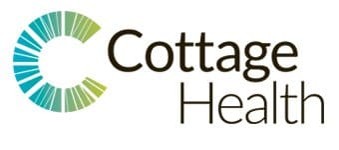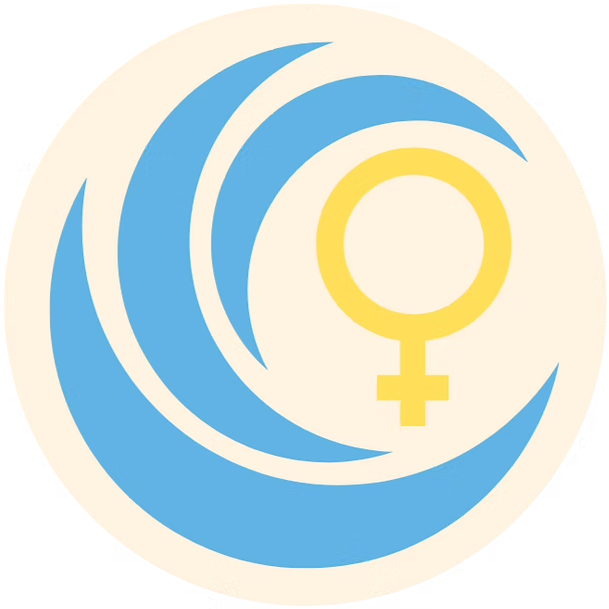We are proud to partner with women's health advocacy groups driving change across sectors.

51 Foundation
51 Foundation is a UC-Davis led nonprofit created to address the disparity in women's health due to inequity in scientific research.

Chan Zuckerberg Initiative
WBHI is partnering with CZI to apply cutting edge AI to the study of the maternal brain.

Coalition for Women’s Brain Health
A joint endeavor between the Women’s Alzheimer’s Movement, Genentech, Cleveland Clinic, AARP, and the Society for Women’s Health Research – the Coalition was formed to address gender- and sex-based disparities, improve access to care, and reduce caregiver and family burden as it relates to women’s brain health.

Cottage Health
WBHI is advising Cottage Hospital on the development of a women’s health service line and co-hosting their flagship 2026 Research Symposium dedicated to women’s health.

Foundation for Women’s Health
The Foundation for Women’s Health identifies the gaps in rigorous research of women's health and then funds the most promising studies to fill those holes, prioritizing upstream health innovations for adolescent girls and young women.

Milken Institute
Chaired by former First Lady Dr. Jill Biden, the Milken Institute’s Women’s Health Network serves as a global collaborative to collate, elevate, and advance existing and new efforts across the women’s health ecosystem.

Santa Barbara Women's Health Coalition
A coalition of advocates, clinicians, corporate and industry professionals, and passionate community members with the shared goal of advising the quality and outcome of women’s healthcare in Santa Barbara County.
Wellcome Leap
Wellcome Leap's CARE program aims to cut the lifetime risk of Alzheimer’s among women by half, reducing risk for 330 million women globally – and, given current conversion rates, preventing 54.5 million Alzheimer’s cases by 2050. WBHI scientists from 6 universities are part of the CARE consortium.

Women’s Health Access Matters
WHAM works with advocates, economists, scientists, business leaders, public health experts and policy makers to: Increase funding for women’s health research, empower women researchers to study and share sex and gender research, and build a data-driven case for accelerating women’s health research.
